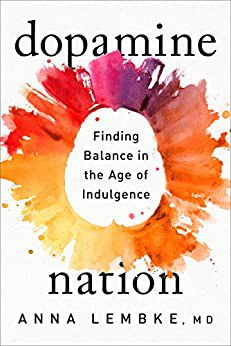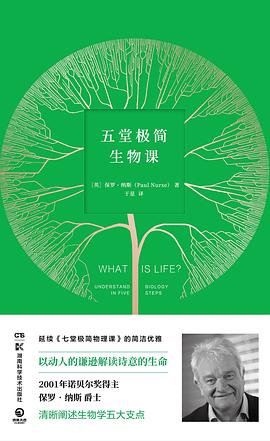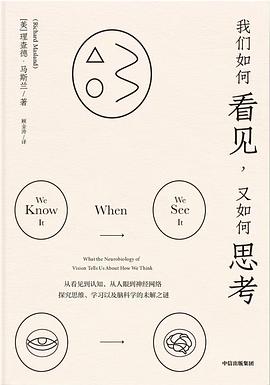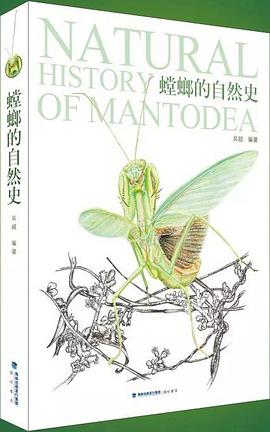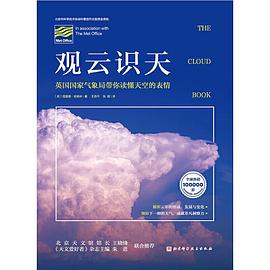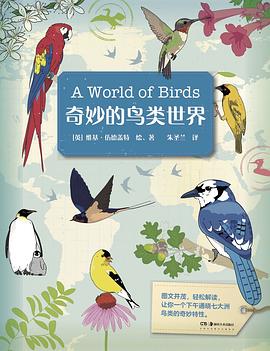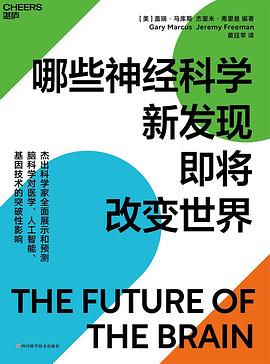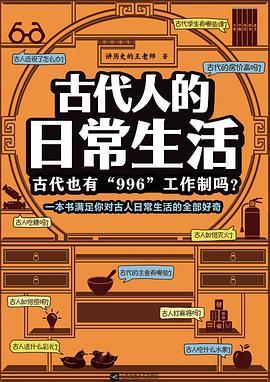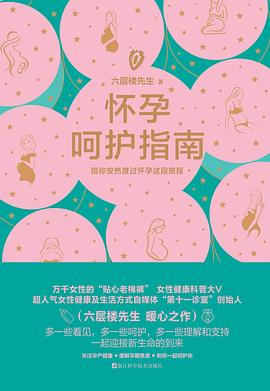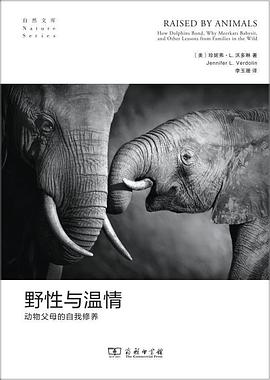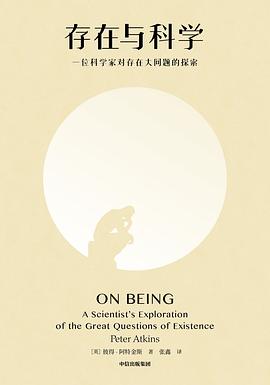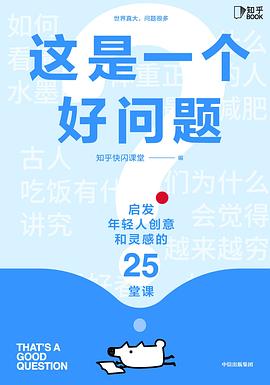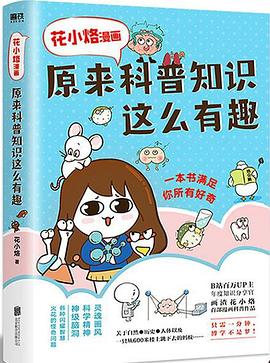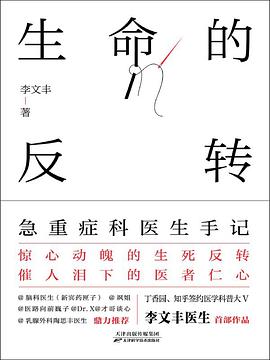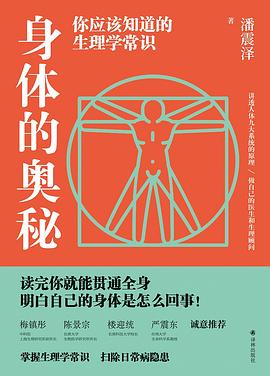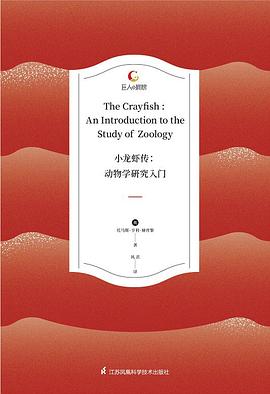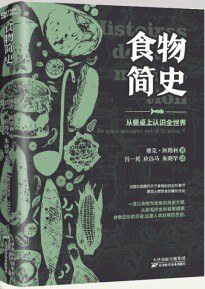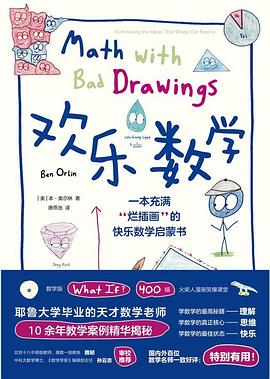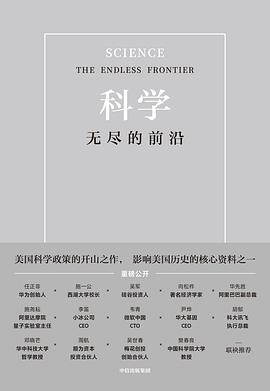
具体描述
Anna Lembke is the medical director of Stanford Addiction Medicine, program director for the Stanford Addiction Medicine Fellowship, and chief of the Stanford Addiction Medicine Dual Diagnosis Clinic. She is the recipient of numerous awards for outstanding research in mental illness, for excellence in teaching, and for clinical innovation in treatment. A clinician scholar, she has published more than a hundred peer-reviewed papers, book chapters, and commentaries in prestigious outlets such as The New England Journal of Medicine and JAMA. She sits on the board of several state and national addiction-focused organizations, has testified before various committees in the United States House of Representatives and Senate, keeps an active speaking calendar, and maintains a thriving clinical practice.
This book is about pleasure. It’s also about pain. Most important, it’s about how to find the delicate balance between the two, and why now more than ever finding balance is essential. We’re living in a time of unprecedented access to high-reward, high-dopamine stimuli: drugs, food, news, gambling, shopping, gaming, texting, sexting, Facebooking, Instagramming, YouTubing, tweeting… The increased numbers, variety, and potency is staggering. The smartphone is the modern-day hypodermic needle, delivering digital dopamine 24/7 for a wired generation. As such we’ve all become vulnerable to compulsive overconsumption.
In Dopamine Nation, Dr. Anna Lembke, psychiatrist and author, explores the exciting new scientific discoveries that explain why the relentless pursuit of pleasure leads to pain…and what to do about it. Condensing complex neuroscience into easy-to-understand metaphors, Lembke illustrates how finding contentment and connectedness means keeping dopamine in check. The lived experiences of her patients are the gripping fabric of her narrative. Their riveting stories of suffering and redemption give us all hope for managing our consumption and transforming our lives. In essence, Dopamine Nation shows that the secret to finding balance is combining the science of desire with the wisdom of recovery.
用户评价
##Pleasure-pain balance这部分非常引人深思
评分##1. 在医疗被商业化的场景下,医生也是wage slave 所以也解释了“Why healers become dealers”。2. 近几十年,人们对疼痛太敏感了 both mentally and physically pain。止痛是心理学层面的延伸,传统医学认为,有时疼痛反而能够evoke 自身的免疫机制(?)3. Dopamine Fast,和边际效益递减一个道理,过犹不及,省着用,不然就脱敏了。
评分还蛮引人入胜的,pain &pleasure很有意思
评分##读到一半果断弃,看完conclusion ,庆幸弃了。斯坦福精神科成瘾问题主任,对成瘾的见地就这么表面的么?见到的病人都是生活优越,完全没有一丢丢复杂的社会因素导致成瘾的么?对抗成瘾就是自律,戒断一个月,就酱?拿自己喜欢看言情小说来共情成瘾患者,是不是有点搞笑了?有一些启发,但总体看不下去。
评分 评分##解释了各种addiction中pleasure和pain的平衡关系。学到最有操作性的是dopamine fast这个概念。限制使用高dopamine的事物,能让dopamine system重新敏感起来。另一点是如果想要戒掉一个坏习惯,要彻底断绝至少一个月,才能真的起效。过度的手机使用和进食都是addiction的形式。
评分##Tilting towards pain helps the balance; You need abstinence for the balance to reset. 看到有个网友说的深得我心,有用,但是啰嗦。总结了一些我觉得有意思的点 1. 科技的发展让很多上瘾物更容易获取,于是我们更可能去尝试,一尝试就更容易上瘾了。(我感觉各种app的推送算法也有点我总能找到你的上瘾点的意思了) 2. 现在的孩子被家长们和整个教育系统保护的越来...
评分##Pleasure and pain are co-located. What goes up must come down.
评分##解释了各种addiction中pleasure和pain的平衡关系。学到最有操作性的是dopamine fast这个概念。限制使用高dopamine的事物,能让dopamine system重新敏感起来。另一点是如果想要戒掉一个坏习惯,要彻底断绝至少一个月,才能真的起效。过度的手机使用和进食都是addiction的形式。
相关图书
本站所有内容均为互联网搜索引擎提供的公开搜索信息,本站不存储任何数据与内容,任何内容与数据均与本站无关,如有需要请联系相关搜索引擎包括但不限于百度,google,bing,sogou 等
© 2025 book.cndgn.com All Rights Reserved. 新城书站 版权所有

